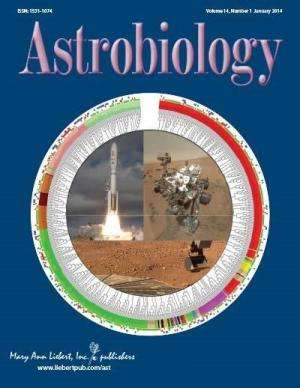Looking for a 'superhabitable' world? Try Alpha Centauri B, paper says

The search for extraterrestrial life extends far beyond Earth's solar system, looking for planets or moons outside the "stellar habitable zone" that may have environments even more favorable to supporting life than here on Earth. These superhabitable worlds have unique characteristics and are ideal targets for extrasolar exploration, as described in a provocative Hypothesis Article in Astrobiology.
In "Superhabitable Worlds" René Heller, McMaster University (Hamilton, Ontario, Canada) and John Armstrong, Weber State University (Ogden, UT), propose how tidal heating can create conditions in which life could emerge on an icy or terrestrial planet or moon once thought to be uninhabitable.
"A great place for hydrothermal microorganisms and a volcanic eruption in the weather forecast every morning and evening," says Norman Sleep, Senior Editor for Astrobiology and Professor in the School of Earth Sciences at Stanford University, "a tidally heated planet would be unpleasant though spectacular to visit."
More information: The article is available free on the Astrobiology website.
Journal information: Astrobiology
Provided by Mary Ann Liebert, Inc










.jpg)







